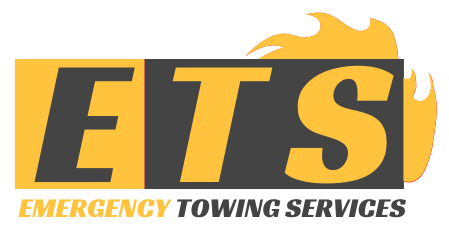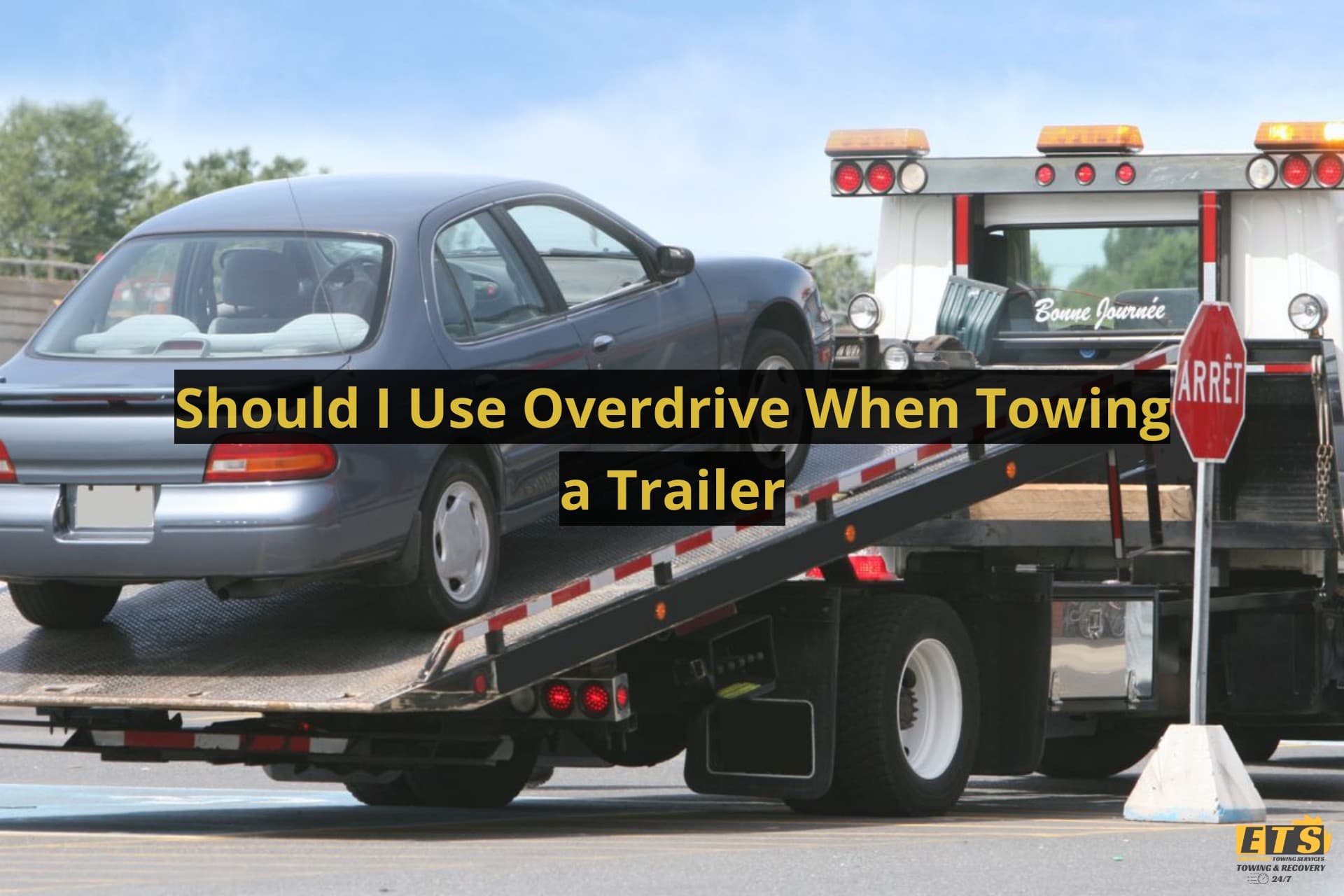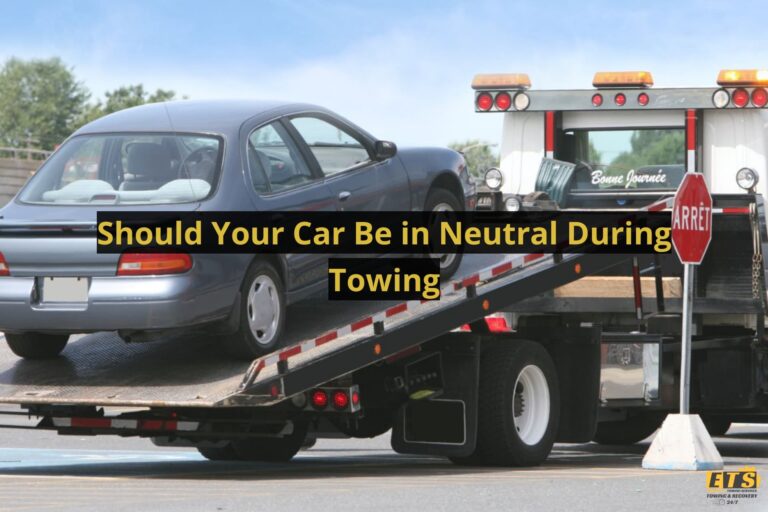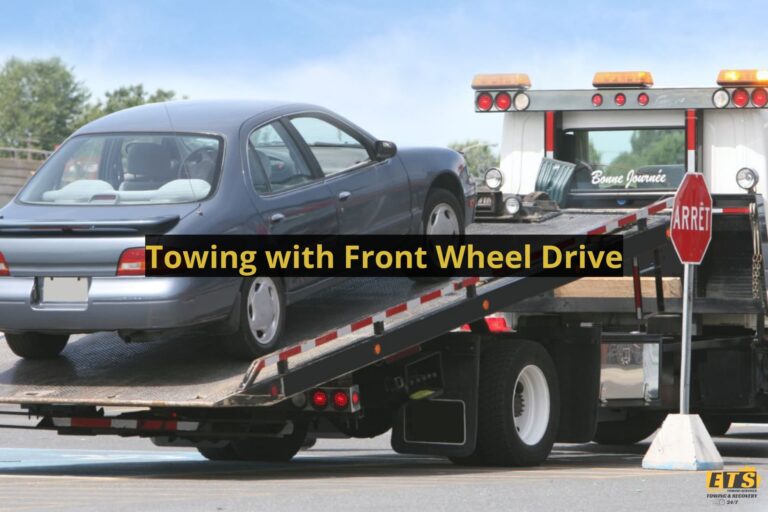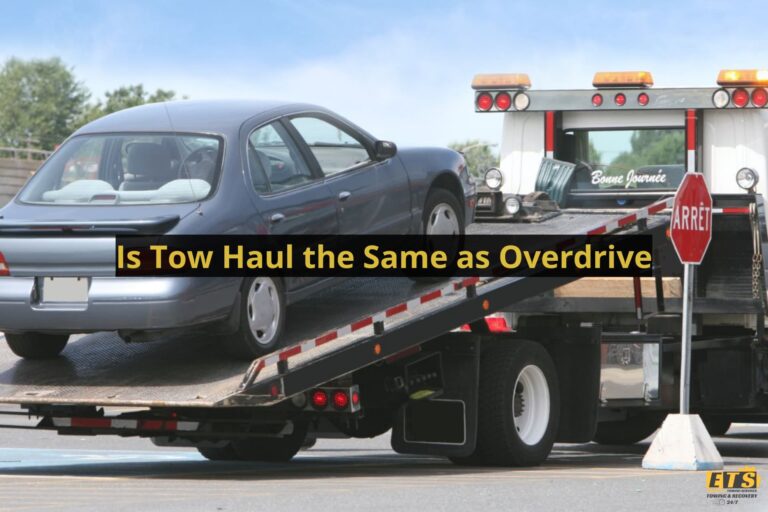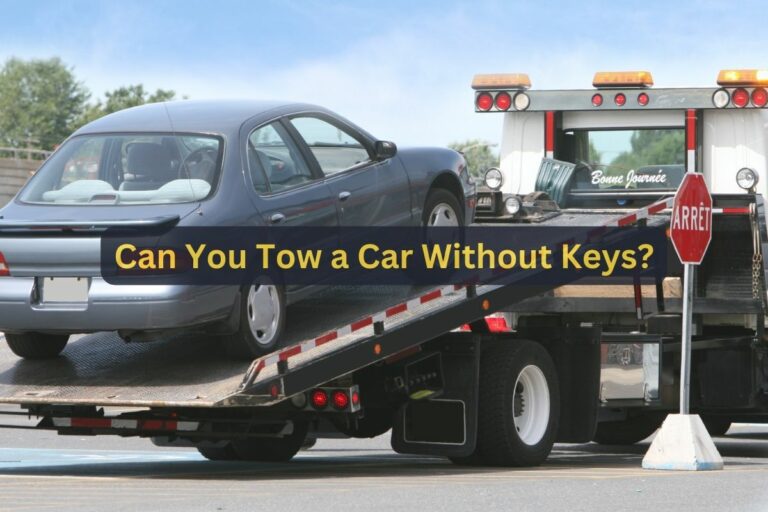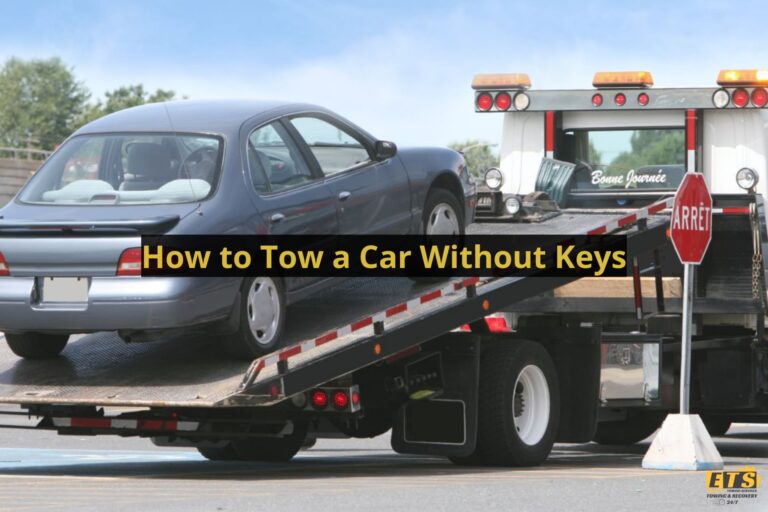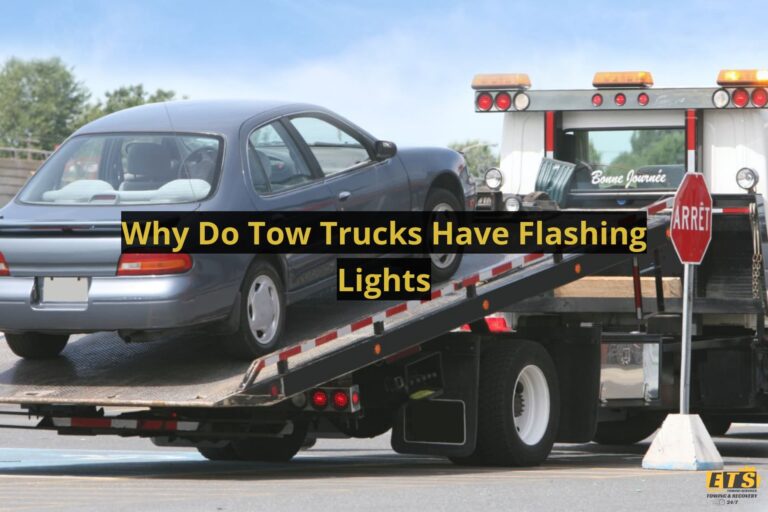Should I Use Overdrive When Towing A Trailer
The information presented in this article is provided for general informational purposes only, and may not reflect the current laws or legal developments. This article does not constitute legal advice, and the reader should not act on the information contained in this article without first seeking professional counsel. We make no guarantees about the accuracy, completeness, or adequacy of the information contained in this article. The reader assumes all risks and liabilities associated with any actions taken as a result of reading this article. To obtain legal advice on your specific matter, please contact a qualified legal professional.
When it comes to towing a trailer, one of the most common questions that people ask is whether or not they should use overdrive. While some drivers swear by using overdrive while hauling their loads, others believe that doing so can cause serious damage to both the vehicle and the trailer. So which side is right?
The answer may depend on a variety of factors, including the weight and size of your trailer, as well as the make and model of your vehicle. Before you hit the road with your trailer in tow, it’s important to understand what overdrive does and how it affects your vehicle’s performance.
Essentially, overdrive refers to an extra gear in your transmission that allows for improved fuel efficiency at high speeds. However, when you’re towing a heavy load, this feature may actually work against you by causing unnecessary strain on your engine. As such, many experts recommend turning off overdrive when towing anything more than a small utility trailer or boat.
Of course, there are always exceptions to this rule – let’s take a closer look at when (and why) you might want to use overdrive while pulling a larger load.
What Is Overdrive?
Imagine you’re driving a car on the highway. You’ve got your foot on the gas pedal, and everything seems to be going well until you notice that your engine is revving too high for comfort.
That’s where overdrive function comes in.
Overdrive function is an advanced feature of modern cars’ transmission technology. It allows the driver to reduce their engine speed while still maintaining a high enough gear ratio to keep the vehicle moving at highway speeds.
This results in smoother operation, better fuel efficiency, and reduced wear and tear on the engine.
So why wouldn’t you always use overdrive? The short answer is that it depends on your situation. In some cases, such as when towing a heavy load or driving up steep hills, turning off overdrive can provide more power and control.
However, under normal driving conditions, using overdrive should be just fine – especially if you’re looking to save money on gas!
The Pros And Cons Of Using Overdrive While Towing
I’m trying to decide if I should use overdrive when towing a trailer, so let’s discuss the pros and cons.
One pro is improved fuel economy, while another is that it reduces stress on the transmission. Plus, it increases towing speed.
But there are also some downsides to consider.
One con is that it increases the risk of overheating, and it can make it harder to shift. Also, it can reduce the driver’s control.
Pros: Improved Fuel Economy
If you’re wondering whether to use overdrive while towing, there are pros and cons to consider.
One of the benefits of using overdrive is improved fuel economy. Real life experiences have shown that when driving at highway speeds with a trailer in tow, overdrive can help save on gas.
However, it’s important to note that there are potential drawbacks as well.
Using overdrive can put extra strain on your vehicle’s transmission, which may lead to premature wear and tear if not properly maintained.
Additionally, if you’re towing up steep hills or in other challenging conditions, using overdrive could cause your engine to work harder than necessary and actually decrease fuel efficiency.
Overall, whether or not you should use overdrive while towing depends on your specific circumstances and preferences.
If you’re looking to maximize fuel economy and don’t anticipate any particularly difficult terrain or weather conditions, then giving overdrive a try might be worth considering.
Just make sure you keep an eye on how your vehicle responds and take steps to maintain its transmission health along the way.
Reduced Stress On Transmission
Another factor to consider when deciding whether or not to use overdrive while towing is the impact on transmission longevity. Using overdrive can put additional stress on your vehicle’s transmission, potentially leading to premature wear and tear if not properly maintained. However, using overdrive at appropriate times during flat terrain driving with a light load could help reduce stress on the transmission.
On the other hand, towing uphill or in challenging conditions may cause your engine to work harder than necessary and actually decrease fuel efficiency. In these situations, it might be better to avoid using overdrive altogether as it can place too much strain on both your transmission and engine.
Ultimately, whether you choose to use overdrive while towing depends on a variety of factors. If you’re concerned about preserving the life of your transmission, avoiding steep inclines and heavy loads will reduce strain.
And if you do decide to engage overdrive during highway speeds with a lighter load, make sure that you monitor how your vehicle responds and take steps to maintain its health along the way.
Increased Towing Speed
Now that we’ve talked about the impact of overdrive on transmission longevity, let’s move on to another factor – increased towing speed.
Using overdrive can provide several benefits when towing at higher speeds. It allows your engine to work more efficiently, which translates into better fuel economy and a smoother ride.
However, there are also risks associated with using overdrive during high-speed towing. For one, it can put additional strain on your vehicle’s brakes as you’ll need more stopping power to slow down or stop completely. Overuse of overdrive in these situations could also lead to overheating and premature wear and tear on both your transmission and engine.
So, what should you do? The answer is not cut-and-dry but depends on a variety of factors such as road conditions, weight distribution, load size, and more.
It’s important to weigh the pros and cons carefully before deciding whether or not to use overdrive while towing at higher speeds. Always be mindful of how your vehicle is performing and take necessary precautions to ensure its health along the way.
Understanding Your Vehicle’s Towing Capacity
When it comes to towing a trailer, knowing your vehicle’s towing capacity is crucial. Before you even think about attaching a trailer, make sure that the weight of both the loaded trailer and its contents fall within your car’s limits. Calculating towing weight may seem daunting, but it is important for safety reasons as exceeding your car’s maximum capacity can cause damage to your vehicle and put others on the road at risk.
Another important factor in safe towing is understanding trailer tongue weight. This refers to the downward force exerted on the hitch ball by the trailer coupler. A proper balance between tongue weight and overall weight will help keep your tow vehicle stable and level while driving. Too much or too little tongue weight can lead to instability, making it difficult to control your vehicle while towing.
In summary, before hooking up any type of trailer, it is essential to understand your vehicle’s capabilities and limitations.
Calculating towing weight ensures that you are not overloading or damaging your car during transport.
Understanding trailer tongue weight helps maintain stability while on the road so that you can focus on getting safely from point A to point B with everything you need in tow.
The Importance Of Proper Trailer Weight Distribution
Now that you have a better understanding of your vehicle’s towing capacity, it is important to consider the use of overdrive when towing a trailer. Interestingly enough, using overdrive while towing can actually cause more harm than good. In fact, according to AAA, using overdrive while hauling heavy loads can lead to overheating and premature transmission failure.
When it comes to towing a trailer, weight distribution plays a crucial role in ensuring safety on the road. Trailer sway is one of the most dangerous occurrences that can happen while towing. However, by properly distributing weight across both the tow vehicle and trailer with the use of a weight distribution hitch, you can significantly reduce the risk of this happening.
To further emphasize the importance of proper weight distribution and other safety measures while towing, here are five key points to keep in mind:
- Always be sure to check your tire pressure before hitting the road.
- Make sure your brakes are in good working condition before starting any trip.
- Check all lights and signals on both your vehicle and trailer for optimal visibility.
- Avoid sudden movements or abrupt stops while driving with a loaded trailer.
- Never exceed your vehicle’s maximum towing capacity.
By following these guidelines and taking precautionary steps such as using a weight distribution hitch correctly, you can greatly decrease the likelihood of experiencing any issues or accidents during your travels with a trailer.
Remember that safe driving habits should always come first when operating any type of vehicle on the road.
How Overdrive Affects Fuel Efficiency
When it comes to towing a trailer, using overdrive can help improve fuel efficiency.
It helps reduce engine strain, allowing the vehicle to run at lower RPMs while maintaining the same speed.
This means you get better fuel economy and can save money on gas.
However, it’s important to be aware of the trailer’s weight and the engine’s capabilities to ensure that you’re using overdrive safely.
Using Overdrive When Towing A Trailer
Have you ever wondered if it’s okay to use overdrive when towing a trailer? Well, the answer is that it depends on several factors.
Overdrive can improve fuel efficiency, but it can also cause transmission wear and affect engine performance.
Using overdrive while towing a heavy load puts extra strain on the transmission, which can lead to premature wear and tear. This is because overdrive causes the transmission to shift into a higher gear at lower speeds, putting more stress on its internal components. So if your vehicle has an older or weaker transmission, using overdrive may not be ideal.
On the other hand, if your vehicle has a newer or stronger transmission and you’re driving on flat terrain with no strong headwinds, using overdrive can help save fuel and improve efficiency. It allows your engine to run at lower RPMs, reducing the amount of fuel needed for each mile traveled.
However, keep in mind that when going uphill or facing strong winds, you should turn off overdrive to avoid straining your engine and potentially damaging it.
Overall, whether or not you should use overdrive when towing a trailer comes down to individual circumstances such as your vehicle’s age and condition and road conditions. Always consider these factors before deciding whether or not to engage overdrive while hauling a heavy load.
Benefits Of Overdrive When Towing A Trailer
Now that we’ve discussed how overdrive affects transmission wear and engine performance when towing a trailer, let’s explore the benefits of using overdrive for fuel efficiency.
Overdrive efficiency can significantly improve your vehicle’s gas mileage by reducing the amount of fuel needed to travel long distances. When you engage overdrive while towing a trailer on flat terrain with no strong headwinds, it allows your engine to run at lower RPMs, which results in less fuel consumption.
Overdrive performance also helps you save money on gas without compromising speed or control. By improving your vehicle’s overall efficiency, you can spend less time and money refueling during long trips. However, keep in mind that if you’re driving uphill or facing strong winds, turning off overdrive is necessary to avoid straining your engine and wasting more fuel than necessary.
In conclusion, using overdrive when towing a trailer comes with both advantages and disadvantages depending on different factors such as road conditions and your vehicle’s age and condition. While engaging overdrive may help increase fuel efficiency and reduce costs during long hauls on flat terrain, it can damage the transmission system if used improperly.
Therefore, always consider these variables before deciding whether or not to use overdrive while hauling heavy loads.
When To Use Overdrive When Towing
When towing a trailer, many people wonder whether they should use overdrive or not. Overdrive is designed to provide better fuel efficiency and reduce engine wear by allowing the transmission to shift into higher gear at lower RPMs. However, using overdrive when towing may have its drawbacks.
Overdrive benefits include improved gas mileage and less strain on the engine. This means that you can go farther with your tank of gas and save money in the long run. Additionally, because shifting occurs at lower RPMs, it also reduces noise levels while driving.
On the other hand, there are some potential disadvantages to using overdrive when towing. One major drawback is that it decreases torque output which could lead to slower acceleration rates and reduced power up hills or inclines. It’s important to note that not all vehicles are created equal and as such, what works for one person might not work for another. Therefore, before deciding whether or not to use overdrive when towing, consider factors such as vehicle type, weight distribution of cargo/trailer load among others.
| Pros | Cons |
|---|---|
| Better Fuel Efficiency | Decreased Torque Output |
| Reduced Engine Wear | Slower Acceleration Rates |
| Quieter Driving Experience | Reduced Power Up Hills/Inclines |
Without proper knowledge about your vehicle’s capabilities and limitations during heavy loads like towing trailers, using overdrive could be detrimental instead of helpful. Ultimately, it would be best to consult your owner’s manual for specific instructions regarding how to properly operate your vehicle during these situations.
When Not To Use Overdrive When Towing
As previously discussed, using overdrive when towing can have its benefits. But what about the risks? Is it always safe to use overdrive when pulling a trailer?
The answer is no. Overusing overdrive while towing can put unnecessary strain on your transmission and engine, leading to potential damage and costly repairs.
Additionally, if you are driving in hilly or mountainous terrain, constantly shifting between overdrive and regular drive modes can cause excessive wear and tear on your vehicle’s components.
To avoid these risks, it’s important to monitor your transmission temperature regularly while towing. If the temperature starts to climb too high, this could be an indication that your transmission is working too hard and may need a break from engaging overdrive mode.
So before hitting the road with a trailer in tow, remember these key points:
- While overdrive can improve fuel efficiency and reduce engine RPMs when cruising on flat roads, it should not be relied upon exclusively when towing.
- Overusing overdrive can lead to potential damage to your vehicle’s transmission and other components.
- Monitoring your transmission temperature is crucial in determining whether or not overdrive should be engaged during towing.
By being mindful of these factors, you can ensure a safer and more efficient experience while hauling heavy loads with your vehicle.
Best Practices For Safe Towing With Overdrive
When it comes to towing with overdrive, there are some best practices that you should keep in mind.
First and foremost, it’s important to understand the limitations of your vehicle and trailer. Overdrive is generally not recommended for towing uphill or when driving at high speeds, as this can put a lot of strain on both the engine and transmission.
If you’re towing downhill, however, using overdrive may actually be beneficial. This can help to reduce wear on your brakes and prevent them from overheating. Just make sure that you’re still maintaining a safe speed and keeping an eye out for any potential hazards or obstacles.
Overall, the key to safe towing with overdrive is to use common sense and pay attention to your surroundings.
Always follow the manufacturer’s recommendations for your specific vehicle and trailer combination, and don’t hesitate to seek professional advice if you have any concerns or questions.
By taking these steps, you can ensure that your next towing experience is smooth, stress-free, and above all else – safe.
Conclusion
In conclusion, whether or not to use overdrive when towing a trailer depends on several factors. It’s important to understand your vehicle’s towing capacity and the weight distribution of your trailer before deciding whether to engage overdrive.
While using overdrive can save fuel, it can also put strain on your engine if used improperly. When considering overdrive while towing, imagine yourself as the captain of a ship navigating choppy waters. You must carefully adjust your sails and steering to maintain control and prevent damage.
Similarly, when towing a trailer with overdrive, you must make adjustments based on conditions such as terrain and speed. By following best practices for safe towing with overdrive, you’ll be able to enjoy smoother sailing down the road ahead.
